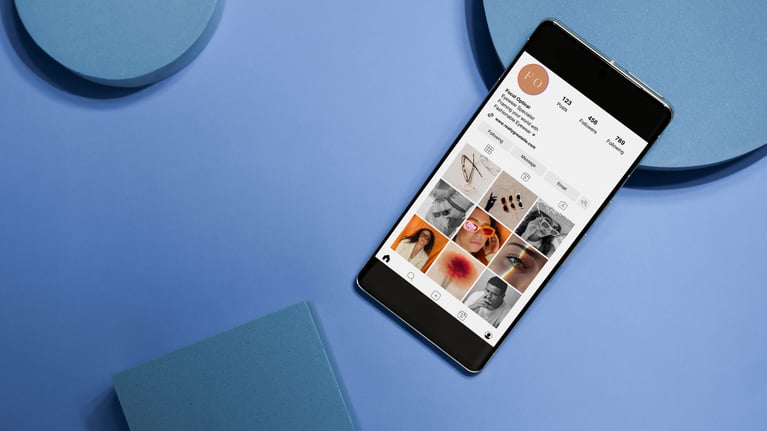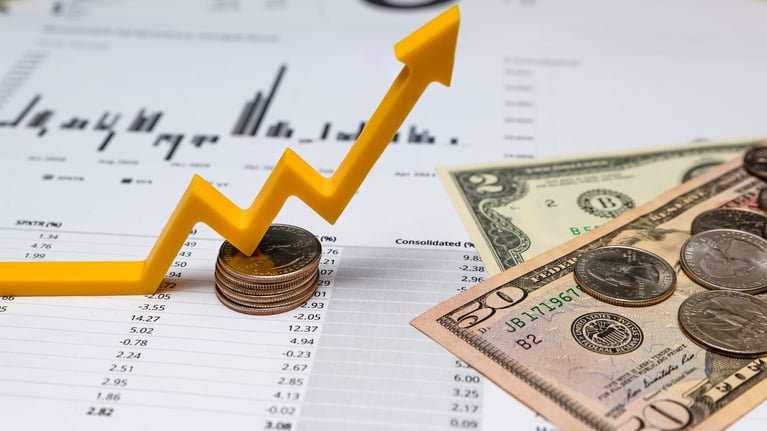If there is one industry that was adversely affected by the COVID-19 pandemic, it is the hospitality industry. Far fewer people have been traveling, booking hotel rooms, and eating out recently, which means major losses for the service industries. And now, with a vast majority of consumers shifting their activities to online platforms, it has become imperative to make use of digital hospitality marketing to maintain a competitive edge.
Sure, predicting customer behavior is still relatively complex, but by optimizing your digital marketing strategies, you’ll be a step closer to attracting clients. To help you adjust accordingly, below are some hospitality digital marketing trends to watch in 2023.
8 Trends in Hospitality Digital Marketing to Watch in 2023
In 2023, the hospitality industry is still recovering from the pandemic while also preparing for an upcoming recession. As consumers travel less, spend less, and become more safety-conscious, the following hospitality digital marketing trends will help maintain a steady stream of bookings throughout the year:
1. Focusing on User Generated Content
Perhaps the number one most trusted content online is user reviews. Research shows that 92% of customers are looking for reviews and recommendations from existing customers. This includes everything from testimonials, comments, forums, social publications, and blog posts.
As a marketer in this digital age, you can take advantage of user-generated content by encouraging visitors to make reviews about their experience in your facility on their social media pages.
2. Influencer Marketing
Influencer marketing is one of the fastest-growing strategies in the marketing arena at the moment. And the hospitality industry is no exception. Instead of using traditional word-of-mouth, hotels and restaurants are now partnering up with influencers and celebrities on social media to promote their brands and services.
By doing so, you get access to a broader audience while establishing credibility and trust. It has been associated with an increase in direct bookings
3. Using Remarketing Ads
Remarketing focuses your advertising efforts on users who show interest in your business. You can do this by collecting statistics on users visiting your website or engaging with your content on YouTube or social media. Once you get the relevant insight, you can then direct your efforts on market segments that are most promising
At the moment, remarketing ads have a 10x higher conversion rate than traditional display ads.
4. Use Chatbots to Improve the Customer Experience
Chatbots are becoming an almost standard component of business websites. They apply more so in the hospitality industry, where users need rapid responses to queries they make online, regardless of whether there is staff available to give answers.
You can program your Chatbot to answer all the fundamental questions customers might have during the booking stage, allowing for successful booking each time.
5. Using virtual reality for virtual tours
Virtual reality is one of those technologies that seemed like an overambitious work of science fiction just a few years ago. Now it is a widely embraced technology used for marketing in many industries. With a VR headset, you can catch a glimpse of a remote location and feel like you are actually there.
People planning on booking a trip to your facility will know exactly what they’ll experience without stepping a foot into the property. They can explore the halls of your hotel and visit various landmarks without needing to be there physically. This makes it a pretty effective hospitality digital marketing strategy.
Although this strategy is especially efficient with VR headsets, it can still work using your typical web browser or even on YouTube:
6. The Impact of Hotel Online Reputation Scores Will Be More Profound
Due to the impact of COVID-19, revenues in most hospitality-based industries are a fraction of what they were in 2019. Likewise, traditional methods of managing revenue and setting up room pricing, which depended on historical demand patterns, will no longer apply. This is where online reputation scores come in.
Online reputation scores are basically a measure of the rate that people like and trust your brand. There are tons of paid and free tools which you can use to run automatic assessments for your company. It takes into account positive, negative, and neutral critics made about your business, which is then rated from 0-1000. The higher your points, the more highly readers will think of your facility. You can use this information to determine room pricing.
There are also certain strategies you can use to increase your reputation score. For instance, you can prioritize your efforts on review generation or create an online complaint platform.
7. Highlighting Your Facility’s Safety Protocols
Perhaps the most fundamental trend in the hospitality industry in the wake of the COVID-19 virus is showcasing your facility’s abilities to guarantee the safety of your customers. Your clients need to be assured that they can walk into a restaurant and enjoy a nice steak without the risk of contracting the virus.
That said, a majority of your marketing efforts should be focused on showcasing the hygiene policies and strategies you’ve put in place to protect your target customers. This includes more frequent cleaning, spacing out of chairs to allow for social distancing, the consistent wearing of face masks by staff, increased contactless payment methods, and touch-less room entry.
Remember, the whole point of marketing is to ensure that all these protocols are communicated to the customers beforehand.
8. Focus on Local Customers and Leisure Opportunities
With international travel still being fairly restricted, folks are leaning more towards local hotels, restaurants, and bars. In this respect, marketing strategies are focusing more on the local market. The way you advertise your service, be it food or massage and gyms, should be done so they appeal more to the local residents and the popular cultural ideals.
Also, it has been observed that despite the pandemic, people are still traveling for leisure, as opposed to business. So, if your business strategy is aimed at business travelers, you might want to adjust or customize it to techniques that appeal to leisure visitors.
Staying Current in 2023
As you’ve seen, the hospitality digital marketing trends are constantly evolving to keep up with the times. And if you want your business to stay afloat, you have to keep up. Keep in mind that any company’s primary aim in the hospitality industry is to enhance the customer experience and create a more lasting relationship. Therefore, as you try out these techniques, your strategies should ultimately achieve that goal.
We understand that for most companies it might be hard to acquire the right tools and resources to archive all this in-house. Well, at WEBITMD, we specialize in everything digital marketing. We are fully equipped with the expertise and resources to help you keep up with all these current trends. So, feel free to contact us today and let us do the rest.






.jpg)



.jpg)





![5 Reports to Elevate Your HubSpot Sales Dashboard [+ Examples]](https://blog.webitmd.com/hs-fs/hubfs/Imported_Blog_Media/6-winning-examples-of-a-hubspot-sales-dashboard-2.png?width=767&name=6-winning-examples-of-a-hubspot-sales-dashboard-2.png)